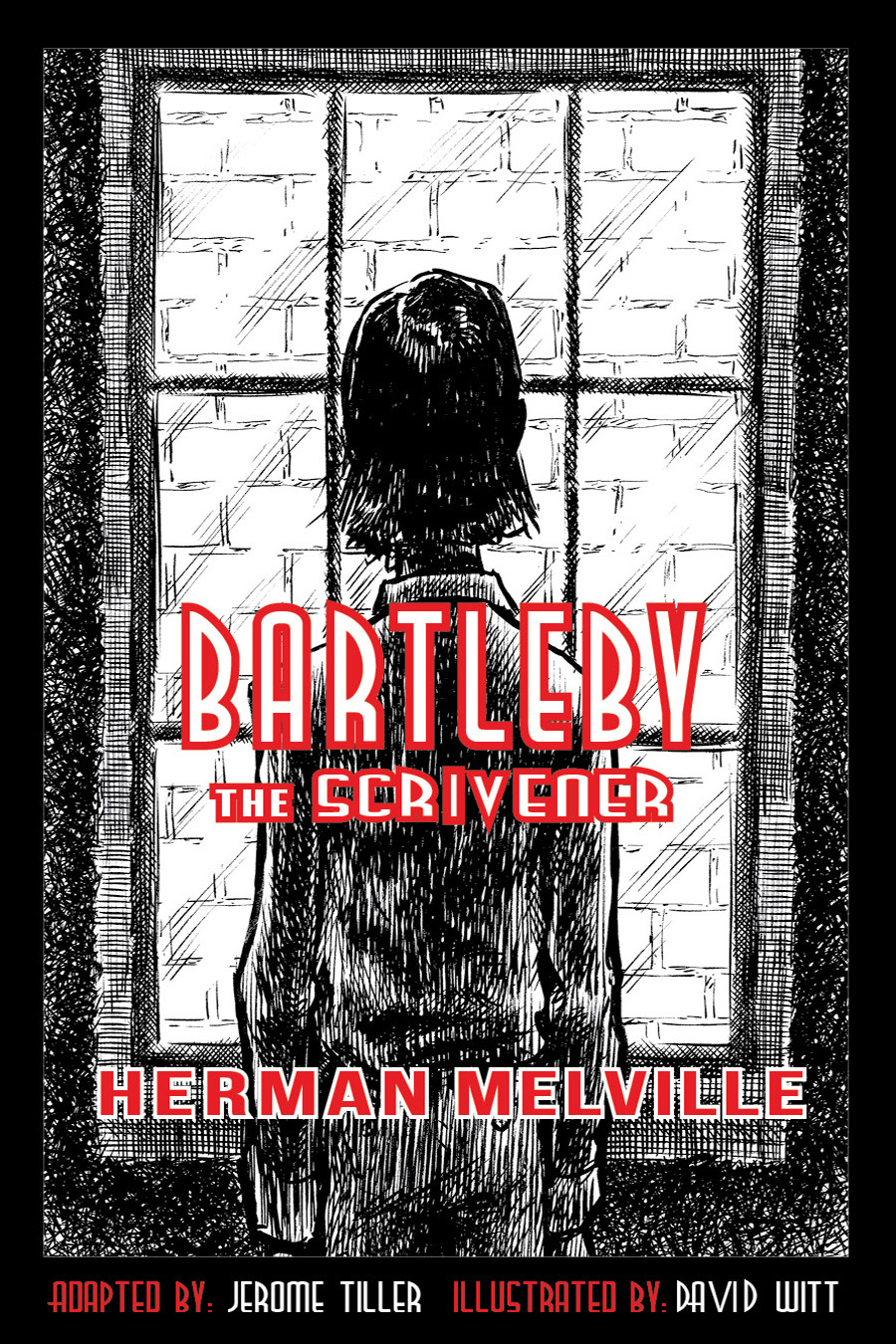Promote Pleasure Reading in Young People
by Jerome Tiller, in Books
, Lesson Plans
, Mission
Studies by the U.S. Department of Education have shown the overall amount of pleasure reading by young people has steadily declined. There are many theories why this is so, including those that point to trade-offs and time constraints; young people abandon pleasure reading to focus instead on digital devices or to use what once had been free time to expend extra effort in meeting the regimented demands of an achievement culture.
Yet everyone knows that young people will seek and find fun wherever it can be found – it’s their natural instinct. Then what if they were to find more fun in pleasure books at their reading level? Like the fun they once found in the picture books of their childhood? If they did, it seems likely they would somehow find the time to read more and more. And that would be a good thing indeed, since numerous studies have shown that reading helps to develop a wide range of thinking skills.
But in-between ancient and modern, illustrations have enhanced the entertainment value of literature and children's books. ArtWrite Productions, through its imprint Adapted Classics, uses high grade illustrations to entice middle-schoolers to read carefully adapted classic stories by the world’s greatest authors.
We believe they will find pleasure and edification in these great stories. We also believe teachers can profitably use our books in the classroom. Teachers can use them to teach storytelling and communication skills to students, In addition, adapted classics work well to instruct middle school students about values and morals. In this, they resemble the folktales used to teach youth in ages past.
Yet everyone knows that young people will seek and find fun wherever it can be found – it’s their natural instinct. Then what if they were to find more fun in pleasure books at their reading level? Like the fun they once found in the picture books of their childhood? If they did, it seems likely they would somehow find the time to read more and more. And that would be a good thing indeed, since numerous studies have shown that reading helps to develop a wide range of thinking skills.
Entertainment Enhances Education
The use of entertainment to enhance education is as old as the art of storytelling. In ages past folktales with morals were an essential part of everyone's education. In our modern age, television has become the primary vehicle to incorporate entertainment with education.The best example is Sesame Street.But in-between ancient and modern, illustrations have enhanced the entertainment value of literature and children's books. ArtWrite Productions, through its imprint Adapted Classics, uses high grade illustrations to entice middle-schoolers to read carefully adapted classic stories by the world’s greatest authors.
We believe they will find pleasure and edification in these great stories. We also believe teachers can profitably use our books in the classroom. Teachers can use them to teach storytelling and communication skills to students, In addition, adapted classics work well to instruct middle school students about values and morals. In this, they resemble the folktales used to teach youth in ages past.


